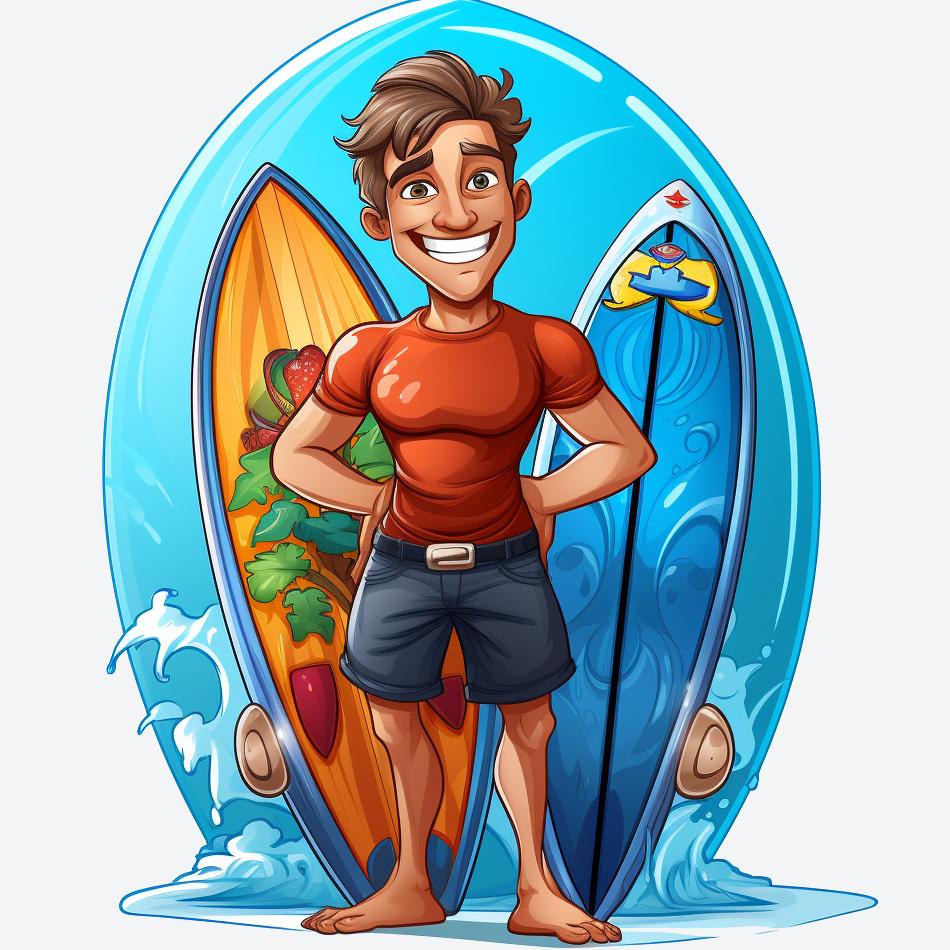








If you want to succeed in today's competitive online landscape, it's crucial to create content that resonates with your target audience and helps you stand out from the crowd. But how can you ensure that your content is discoverable and visible to the people who matter most – your potential customers? That's where the semantic core and keyword research come in. By identifying the words and phrases that your target audience is searching for, you can create content that is optimized for search engines and designed to meet their needs. By using the logical connection between your semantic core and keywords, you can develop a content strategy that helps you attract and retain customers, build brand awareness, and grow your business online. So, don't miss out on this opportunity – start using the power of semantic core and keywords to create content that helps you achieve your business goals today!
Before you start to create your content by using the right keywords and phrases, please do remember (!) :
The semantic core refers to the set of words or phrases that are the most important and relevant to the content of a piece of text. In the context of search engine optimization (SEO), the semantic core of a website or webpage is the group of keywords and phrases that are used to describe the main topics and themes of the content.
Developing a strong semantic core is important for SEO because it helps search engines understand the relevance and significance of the content on a webpage. By including relevant keywords and phrases in the content, meta tags, and other on-page elements, website owners can improve their chances of ranking higher in search engine results pages (SERPs) for queries related to their business or industry.
The semantic core of "diving" refers to the essential meaning or concepts that are associated with the term. Here are some words and phrases that make up the semantic core of "diving":
Underwater exploration: Diving involves exploring the underwater environment, which can include oceans, lakes, and rivers.
Scuba diving: Scuba diving is a popular form of diving that involves using self-contained underwater breathing apparatus to breathe while underwater.
Snorkeling: Snorkeling is a form of diving that involves swimming near the surface of the water while wearing a mask and snorkeling.
Freediving: Freediving is a form of diving that involves diving without the use of breathing apparatus, relying instead on holding one's breath.
Marine life: Diving offers the opportunity to observe and interact with a variety of marine life, including fish, sea turtles, and coral reefs.
Safety and equipment: Diving requires specialized equipment, including wetsuits, masks, fins, and tanks, and it is essential to follow proper safety procedures to prevent accidents and injury.
Training and certification: Diving requires proper training and certification to ensure that divers are competent and capable of handling the challenges of diving.
Adventure and exploration: Diving offers the opportunity for adventure and exploration, whether exploring shipwrecks, underwater caves, or new dive sites.
The semantic core of "diving" is focused on the concept of underwater exploration, with an emphasis on scuba diving, snorkeling, freediving, marine life, safety and equipment, training and certification, and adventure and exploration.
Here are some keywords related to diving:
Scuba diving
Freediving
Snorkeling
Underwater exploration
Marine life
Wetsuit
Regulator
Dive mask
Fins
Tank
Decompression sickness
Dive computer
Buoyancy control
Diving certification
Diving instructor
Safety procedures
Open water diving
Deep sea diving
Nitrox diving
Dry suit diving
Underwater photography
Dive sites
Coral reefs
Shipwrecks
Adventure and exploration.
The semantic core of "surfing" refers to the essential meaning or concepts that are associated with the term. Here are some words and phrases that make up the semantic core of "surfing":
Riding waves: Surfing involves riding waves with a surfboard, using the power of the wave to propel oneself forward.
Surfboard: The surfboard is the essential piece of equipment used in surfing, and there are many different shapes and sizes to suit different types of waves and surfing styles.
Beach culture: Surfing has developed a unique beach culture, with its own fashion, music, and lifestyle.
Ocean conditions: Surfing is highly dependent on ocean conditions, such as wave size, shape, and direction, as well as wind and tide conditions.
Techniques and maneuvers: Surfing involves a variety of techniques and maneuvers, including paddling, standing up on the board, carving, and aerial tricks.
Surfing history: Surfing has a rich history, with roots in ancient Polynesian culture and a modern revival in the 20th century in California.
Surfing competitions: Surfing competitions are held around the world, ranging from local contests to professional circuits.
Surfing communities: Surfing has strong communities of enthusiasts and professionals around the world, connected through online forums, local clubs, and events.
The semantic core of "surfing" is focused on the concept of riding waves with a surfboard, with an emphasis on the surfboard itself, beach culture, ocean conditions, techniques and maneuvers, surfing history, surfing competitions, and surfing communities.
Here are some keywords related to surfing:
Waves
Surfboard
Beach culture
Ocean conditions
Paddling
Stand-up
Carving
Aerial tricks
Polynesian culture
California
Surfing history
Surfing competitions
Enthusiasts
Professionals
Surfing communities
Wetsuit
Board wax
Tide conditions
Wind conditions
Beach safety
Surfing etiquette
Surf spots
Beach breaks
Point breaks
Reef breaks
By incorporating carefully chosen keywords into your business profile in our catalog, you can significantly improve your search rankings and attract more relevant leads. Think of these keywords as your secret weapon for reaching the right customers at the right time.
Unlock the true potential of your business with Mapolist – where strategic keywords and success go hand in hand. Sign up now and let the world find you!
We use cookies
We use cookies and other tracking technologies to improve your browsing experience on our website, to show you personalized content and targeted ads, to analyze our website traffic, and to understand where our visitors are coming from. Privacy Policy.
